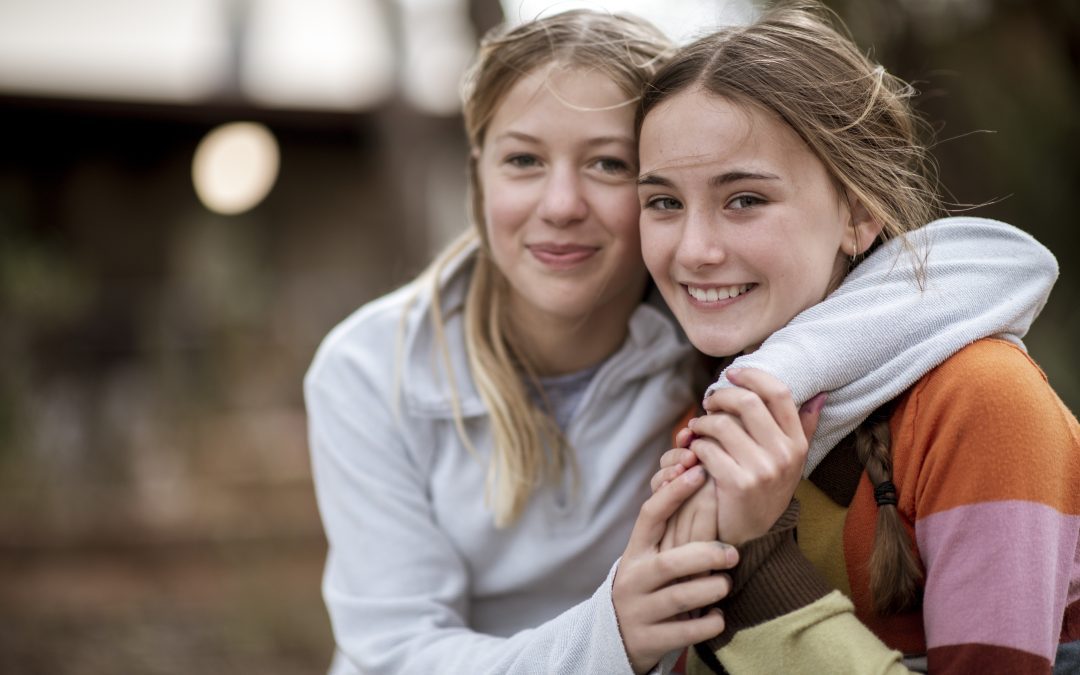When it comes to choosing the right educational path for your child, Steiner and Montessori schools are two popular options that offer distinct approaches. Both emphasise a child-centred education but differ in their methods and philosophies.
The Steiner Approach: Holistic and Creative
Steiner education, also known as Waldorf education, is rooted in the belief that childhood is a unique stage of life that requires a nurturing and holistic approach. Steiner schools focus on the development of the whole child—mind, body, and spirit—through a curriculum that evolves with the child’s developmental stages. Creativity and imagination are at the heart of Steiner education, with a strong emphasis on the arts, storytelling, and experiential learning. Physical activity and connection with nature are integral parts of daily life, fostering a sense of well-being and social responsibility.
The Montessori Approach: Independence and Structure
Montessori education, developed by Dr Maria Montessori, centres on fostering independence and self-directed learning. In a Montessori classroom, children are encouraged to choose their activities and work at their own pace within a carefully prepared environment. The focus is on developing practical life skills, with an emphasis on sensory-based learning and hands-on experiences. Montessori schools promote order, structure, and discipline, allowing children to develop autonomy and self-motivation.
Is Steiner Right for Your Child?
If you’re drawn to an educational philosophy that honours creativity, imagination, and holistic development, Steiner education could be the ideal choice for your child. Steiner schools are designed to meet children where they are in their development, nurturing their individual strengths and interests. The curriculum is rich in the arts and humanities, encouraging children to express themselves creatively and think critically.
Beyond academics, Steiner education places a strong emphasis on social and emotional growth. The close-knit community within Steiner schools fosters a deep sense of belonging, empathy, and mutual respect among students. Children are encouraged to collaborate and support one another, building strong social skills and a sense of responsibility toward others.
Moreover, the Steiner approach recognises the importance of connecting with nature and the environment. Outdoor play and nature-based learning are integral parts of the daily routine, helping children develop a deep appreciation for the world around them and a sense of stewardship for the Earth.
For parents who value an education that goes beyond academics to nurture the whole child, Steiner education offers a unique and enriching environment where children can thrive.
Choosing the Best Fit for Your Child
Ultimately, the best way to choose between Steiner and Montessori is to visit both types of schools, observe the learning environment, and consider which aligns best with your child’s personality and your family’s values. While both approaches offer valuable benefits, Steiner education may be the ideal fit for families who prioritise creativity, holistic development, and a strong sense of community. The right choice is the one that feels like the best fit for your child’s overall growth, happiness, and future success.

